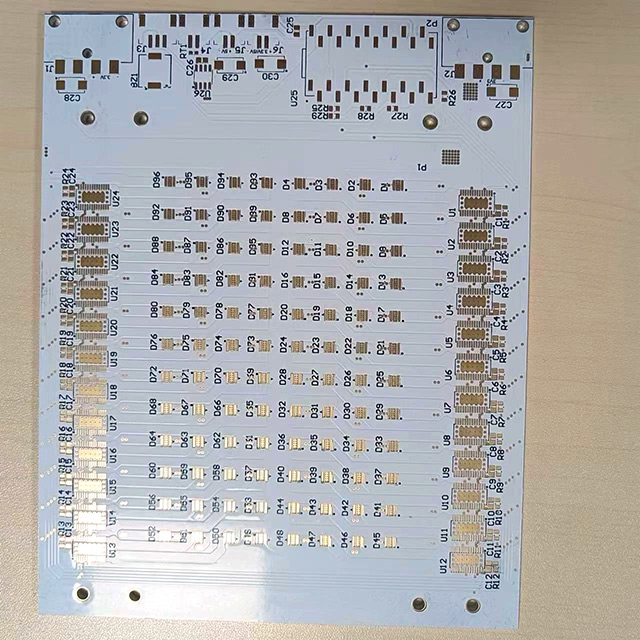Sorry to say, but in the main it is luck, same course, but different teacher, and also what you learn on the job. Both my son and I started at another trade, so I started as an apprentice motor vehicle and bridge building technician, working for the county council, and I realised I was better on the electrical side, and did the auto electricians course and passed out as an auto electrician.
Went to work in Algeria, early years had a good guy who showed me the ropes, latter I was the only electrician on site, did not matter if the generators did not work, the cooker did not work or freezer did not work, I had to fix it, there was no one else, well they would send a refrigeration guy to gas up if I had to drop gas, talk about learning curve.
In the early years I swapped auto to mains many times, but as time went on left the auto side, and took many courses, be it simply how to use a Hawk gland where there are explosive gases or how to program PLC's or how to set up heat treatment, however around 1992 on returning to UK from the Falklands all I seemed to hear was 16th edition says this, and 16th edition says that, I held off for a while but when BS7671:2001 came out I did a set of three courses and exams, one the 16th edition, the other two installation and appliance inspection and testing. Latter did the 17th edition, it seemed employers wanted the bits of paper.
However on the building of T5 I had an accident, which stopped me working, so I decided to go back to school, and get the qualifications I lacked, so to start with did IT, to get back into learning, and while at the collage I sat in on some electrical lectures, Oh dear, the other students did not know gold was a conductor, god knows what school they went to, but progress was so slow, no way was I doing that course, so did a foundation degree in electrical and electronic engineering passed but a complete waste as never worked again, until I retired when I went to work at local heritage railway.
But did have a good work experience, including being a tunnel boring machine electrician in Hong Kong. That was really good wages.
Son needed a job, at the time I was fitting alarms, the wages dropped so I left, and old boss wanted me back, he offer me promotion, but the wages were not that good, so he asked what else can I offer you, I replied a job for my son, that's how he started in the electrical trade, I also did a shop refit in Next and again got him a job, and he did the same three courses I did 16th edition etc. He also looked at higher education, in his case a HND, and he now is rather high up in the maintenance at a glass works.
Like me a lot of luck, also a lot of hard work, his knowledge of drives and PLC control is way over mine, once you get into industry one finds house bashing boring, we are both old enough to have been able to work on houses before the schemes started, so could flit back and to between domestic, industrial and commercial. I found domestic rather basic, although it has changed today, and installation work was another world, more worried about marking a gland to if it worked.
I did work at harland and wolff on the building of the schiehallion, it makes me realise how old I am when I found out now scrapped. Ulster was great, but the work I spend most of my time printing labels on a computer. I watched some of the apprentices at Sizewell, all they did all day was fit tray work. However I spent more of my time on that job doing heat treatment, that was not as hot as my sons job with glass, but still hot work.
The point is there is a huge variety of electrical work, I have never worked with high voltage, well did a little with 3.3 kV on the Falklands, but there are really a host of trades within the electrical trade, even the guy who repairs washing machines. Be it an EV charging point, or Solar panels there are even divisions within domestic.
My dad told me how my apprenticeship of 5 years was too short, his was 7 years, the last 2 years he was at 4 different firms learning how his trade varied works to works. Even I did steam tables, and learnt to use a slide rule. As to log tables that caught me out, as not quite what one thinks as knowing logs today. I remember my son talking about imaginary numbers and thought he was taking the ----, but then as I progressed found myself using them.
But some areas of electrics is very maths orientated, others more worried about how to bend conduit and not mark the gland.










